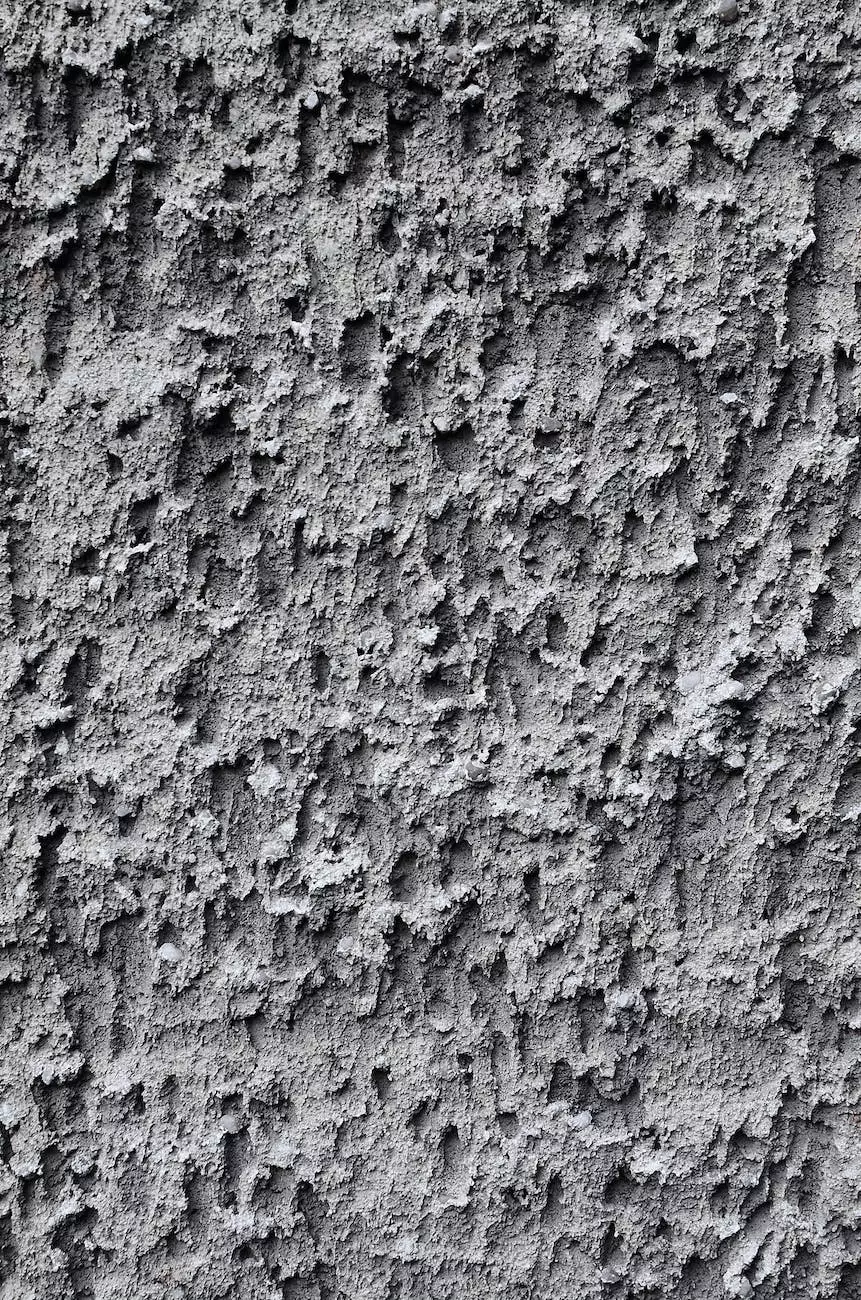Granite vs. Solid Surface
Blog
Introduction
Welcome to GraniteCO's comprehensive guide on choosing between granite and solid surface countertops for your home improvement and maintenance needs. In this article, we will explore the key differences between these two materials to help you make an informed decision.
Granite Countertops
Granite countertops are known for their beauty, durability, and uniqueness. Made from natural stone, granite offers a range of colors and patterns, making it a popular choice for homeowners who desire a distinctive look for their kitchens or bathrooms.
One of the main advantages of granite is its exceptional durability. It is resistant to heat, scratches, and stains, making it suitable for high-traffic areas. Additionally, granite requires minimal maintenance, only needing regular sealing to maintain its shine and resistance.
Another benefit of granite is its natural appeal. Each slab of granite is unique, showcasing variations in color, pattern, and texture. This natural beauty adds an elegant touch to any space and increases the value of your home.
Solid Surface Countertops
Solid surface countertops are synthetic materials composed of a blend of acrylic, polyester, and other resins. They offer a versatile, non-porous surface that is easy to maintain and repair.
One advantage of solid surface countertops is the ability to achieve seamless installations. Unlike granite, which often requires visible seams due to its natural composition, solid surface materials can be seamlessly integrated, providing a sleek and uniform appearance.
Solid surface countertops are also known for their stain resistance and hygienic properties. Being non-porous, they are resistant to the growth of bacteria, mold, and mildew. They can be easily cleaned with regular household cleaners, making them an excellent choice for families with children or individuals concerned about cleanliness.
Comparison
When considering granite vs. solid surface countertops, it is important to weigh the pros and cons of each material to determine which one suits your specific needs and preferences.
Appearance
Granite countertops offer a luxurious and natural look, with its unique patterns and colors. On the other hand, solid surface countertops provide a seamless and uniform appearance, ideal for modern and contemporary designs.
Durability
Granite is exceptionally durable and highly resistant to heat, scratches, and stains. Solid surface countertops are also durable, but they may be more susceptible to heat damage and scratching. However, solid surface countertops can be easily repaired if damaged.
Maintenance
Granite countertops require periodic sealing to maintain their shine and protective layer. They should be cleaned with mild soap and water to avoid damaging the sealant. Solid surface countertops, on the other hand, are low maintenance and can be easily cleaned with regular household cleaners.
Both materials are relatively resistant to stains, but granite may require more attention and immediate cleaning of spills to prevent potential staining.
Cost
Granite countertops tend to have a higher upfront cost due to the natural stone's quality and uniqueness. Solid surface countertops are generally more affordable but may vary depending on the brand and design you choose.
Installation
Installing granite countertops typically requires professional expertise due to the weight of the stone and the necessary precision for a seamless installation. Solid surface countertops can be installed by professionals or even as a DIY project since they are lighter and easier to handle.
Conclusion
In conclusion, when deciding between granite and solid surface countertops for your home improvement and maintenance needs, it is vital to consider factors such as appearance, durability, maintenance, cost, and installation requirements. Both materials offer their unique advantages, and the ultimate choice depends on your personal preferences, budget, and lifestyle factors.
It is recommended to visit showrooms, consult with professionals, and compare samples before making a final decision. By doing thorough research and understanding your specific requirements, you can confidently choose the perfect countertop material that enhances your living space and adds long-lasting value to your home.




